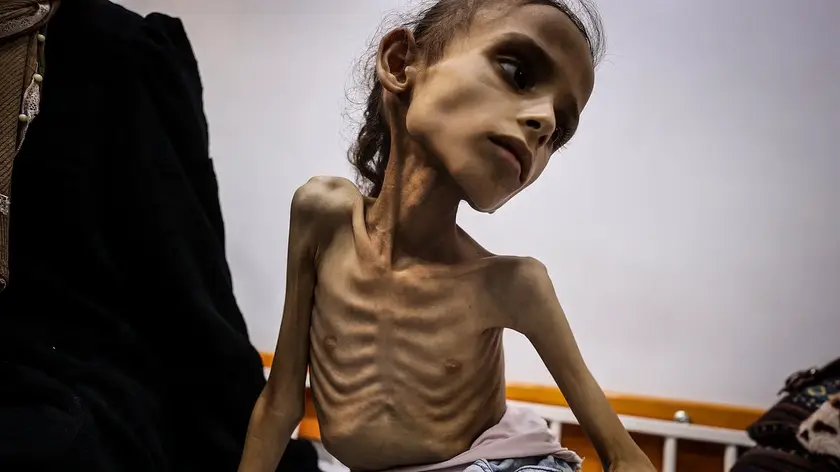T4K3.news
Hostage families criticize Israel's humanitarian aid strategy
Families of hostages warn that aid to Gaza could weaken efforts to secure their loved ones' release.
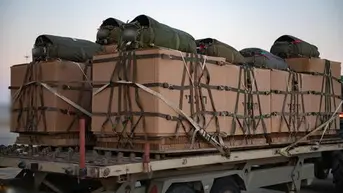
Families of hostages criticize Israeli government for providing aid without securing their loved ones' release.
Hostage families express anger over humanitarian aid to Gaza
Relatives of individuals held hostage by Hamas have voiced strong discontent over Israel's decision to provide humanitarian aid to Gaza. This response comes after the Israeli military's reports of aid drops and declared humanitarian pauses for access to essential supplies. Tzvika Mor, father of hostage Eitan Mor, stated that such actions may weaken Israel's negotiating position. He emphasized that concessions should not be made without tangible progress on hostages' release, fearing it might embolden Hamas to continue its actions. Sylvia Cunio, mother of two hostages, also expressed concerns about the fate of her sons, highlighting that the ongoing humanitarian efforts could lead to their situation being overlooked. The Israeli military continues to facilitate aid as they balance humanitarian needs with the complexities of hostages' situations.
Key Takeaways
"If we don’t keep up the pressure, this won’t end."
Tzvika Mor emphasizes the need for sustained pressure to secure the release of hostages.
"I beg them to do everything, give Hamas whatever it wants — just bring them home."
Sylvia Cunio's emotional plea highlights the desperation of hostage families for action.
"This war is about eliminating the threat."
Tzvika Mor discusses the necessity of addressing ongoing threats from Hamas.
"We’re already broken. I just hope David and Ariel are okay and strong enough."
Sylvia Cunio reflects the emotional toll on families of hostages.
This scenario encapsulates the deep tensions surrounding humanitarian responses in conflict zones. While the intention of aiding civilians is crucial, the sentiments expressed by hostage families underscore a fear of complacency in diplomatic efforts. These families are not only suffering from the loss of their loved ones but are also grappling with the broader implications of perceived weakness in negotiations. The Israeli government's strategic choices reflect a delicate balance between urgent humanitarian needs and the necessity of leveraging negotiations for the release of hostages. As this situation evolves, the reaction from both Israeli society and the international community will be critical in shaping future actions.
Highlights
- In trying to appease Hamas, we risk abandoning our hostages.
- The worst fear is the lack of medicine for those held captive.
- Aid without negotiations only emboldens those who take hostages.
- War, like love, cannot be done halfway. It must be finished.
Concerns over humanitarian aid amidst hostage crisis
The provision of humanitarian aid without securing the release of hostages has raised concerns among families, who feel this could weaken Israel's leverage against Hamas. This delicate situation could lead to a backlash against the Israeli government as families demand more accountability and progress on hostage negotiations.
The complex nature of this situation raises ongoing questions about the ethics and strategy behind humanitarian interventions.
Enjoyed this? Let your friends know!
Related News
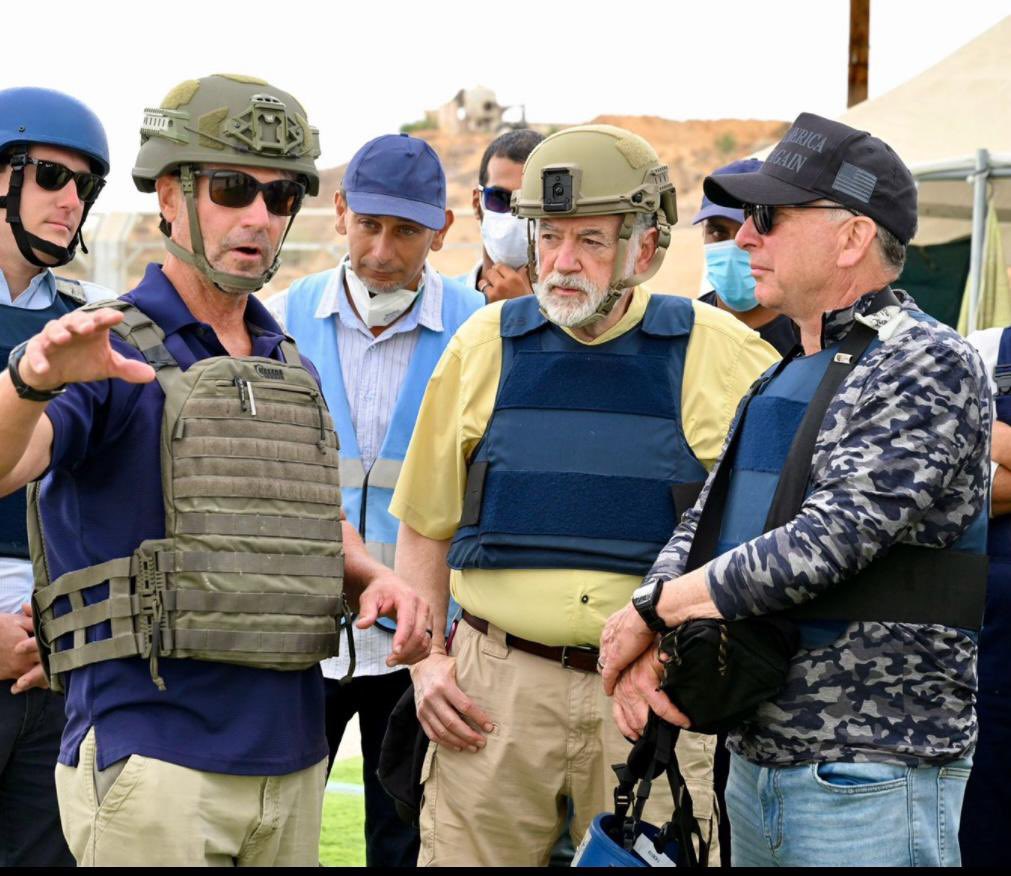
Witkoff and Huckabee assess Gaza humanitarian situation
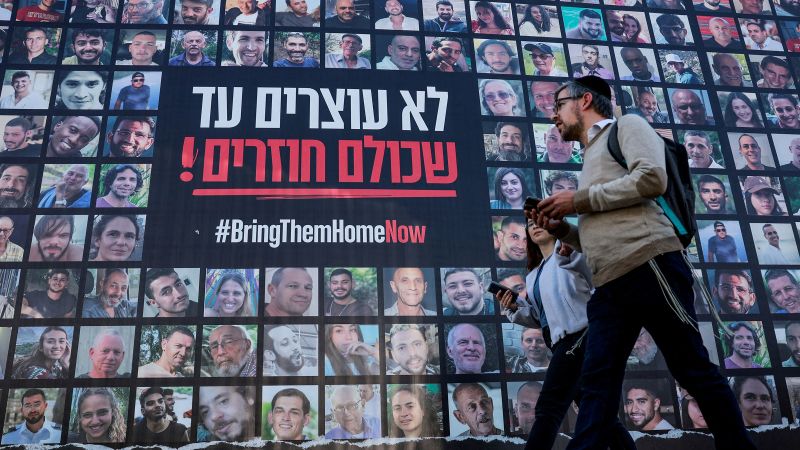
Netanyahu seeks Red Cross aid for Gaza hostages
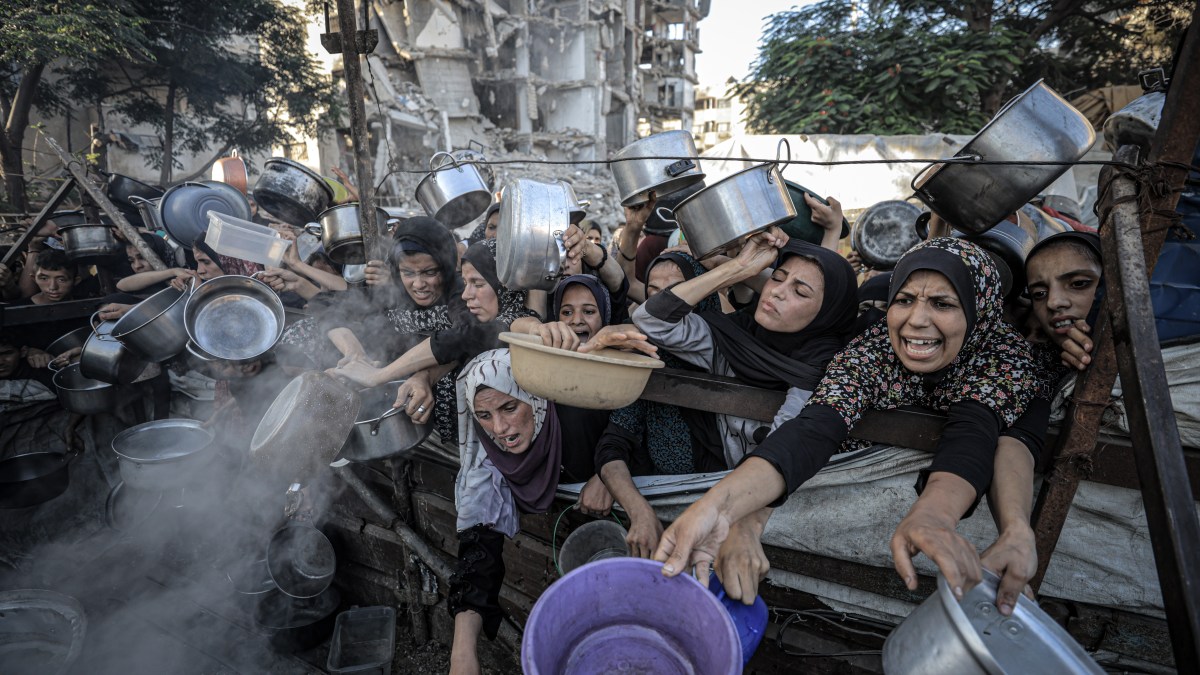
Gaza faces severe hunger crisis as aid falls short
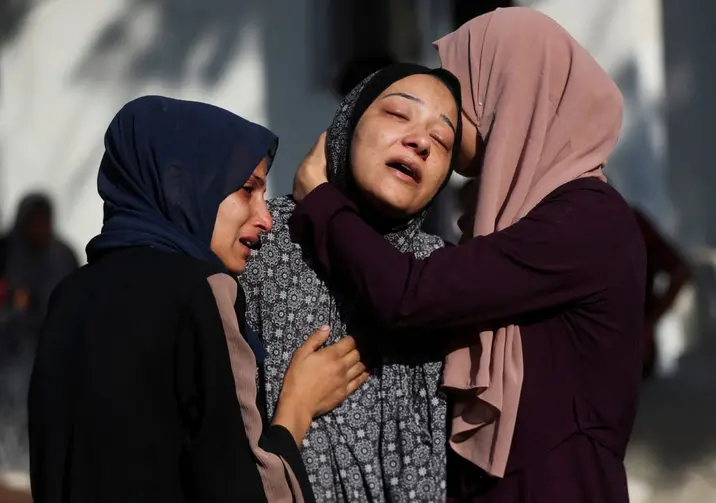
Israeli forces kill multiple aid-seekers in Gaza
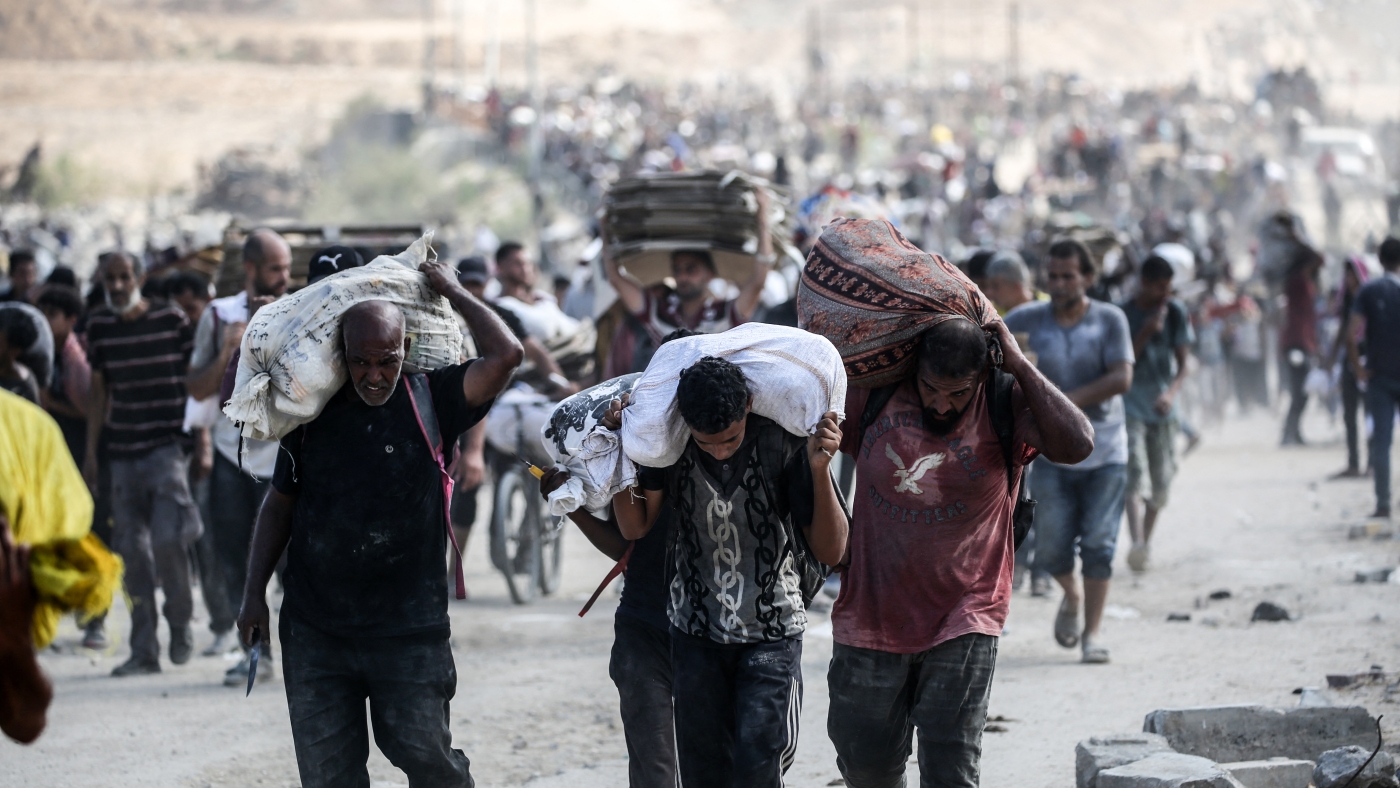
Death toll rises as Gazans seek food amid crisis
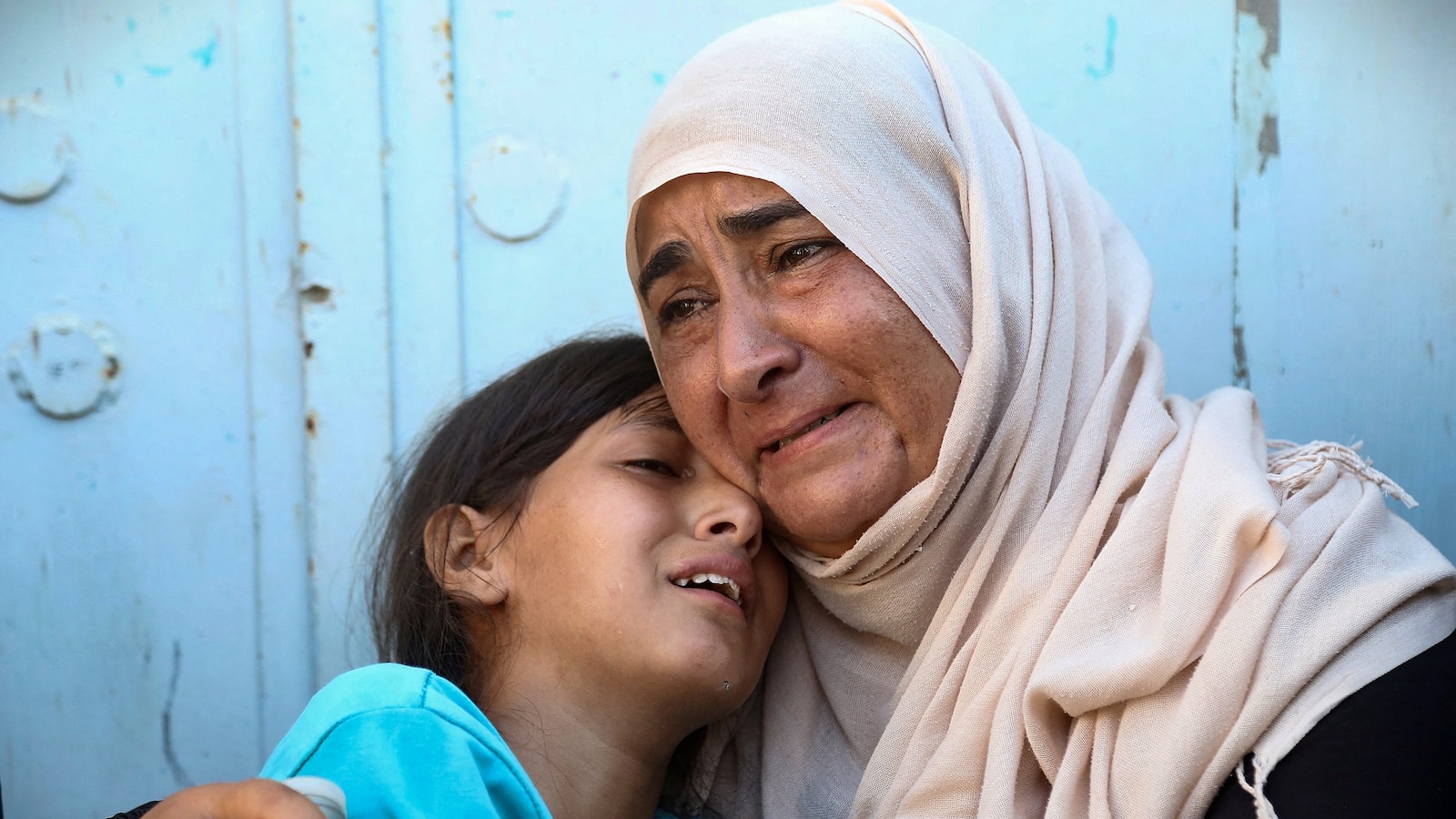
Foreign aid to be airdropped in Gaza
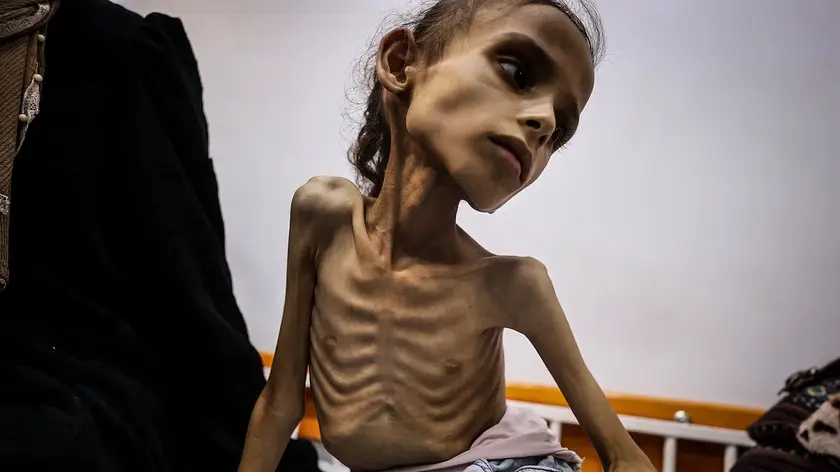
Disturbing images reveal child malnutrition crisis in Gaza
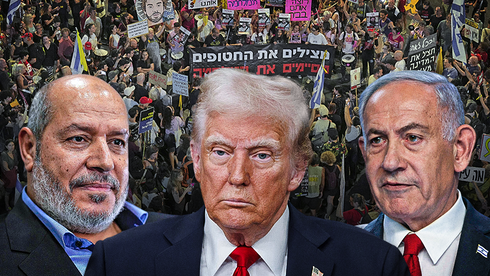
Israeli official states no deal with Hamas is imminent
